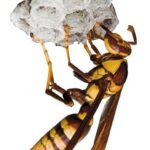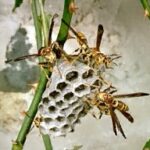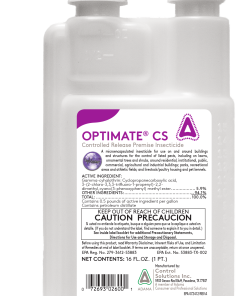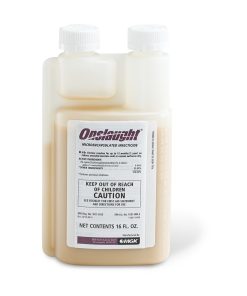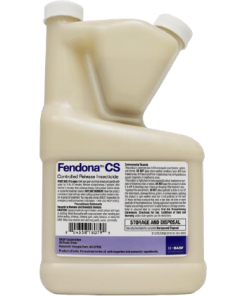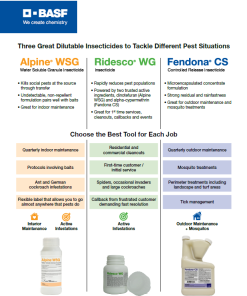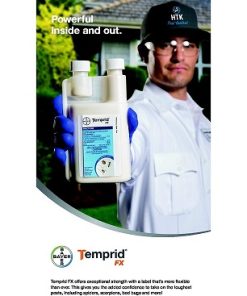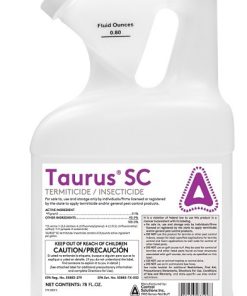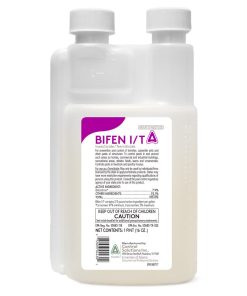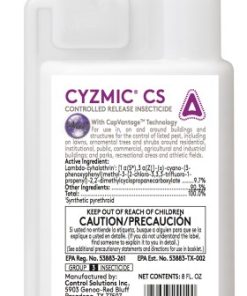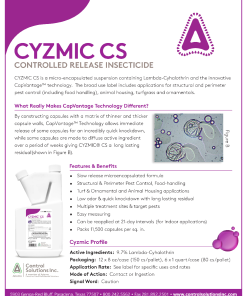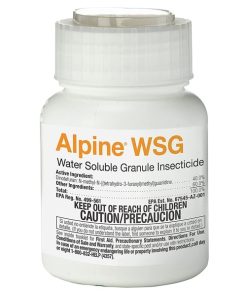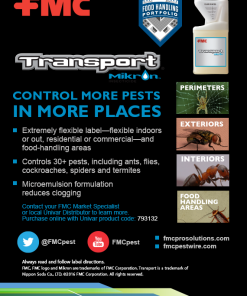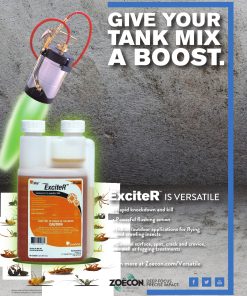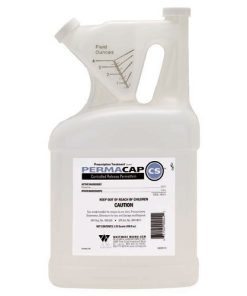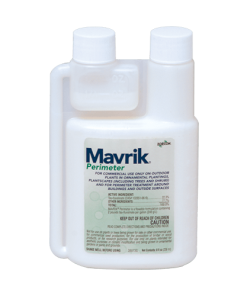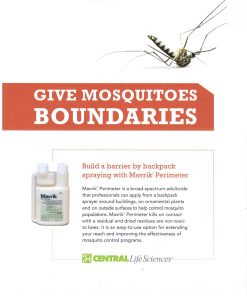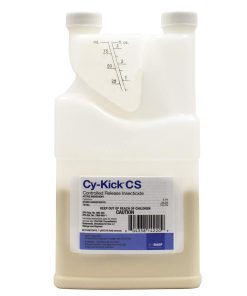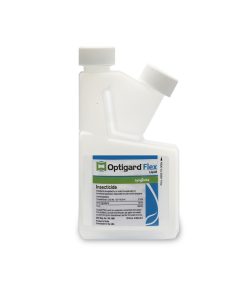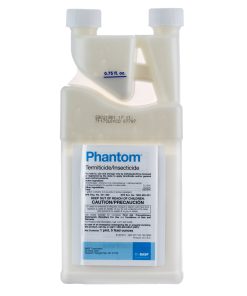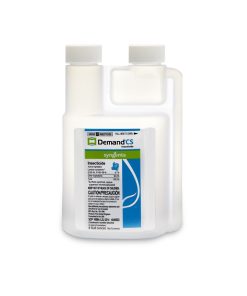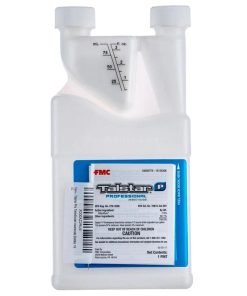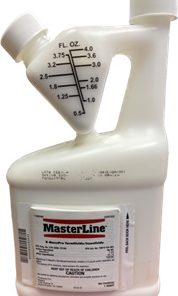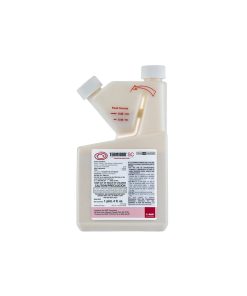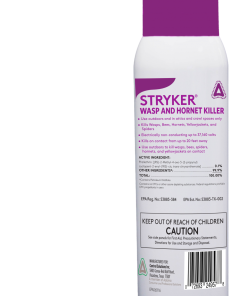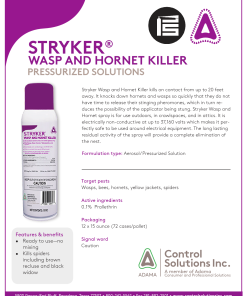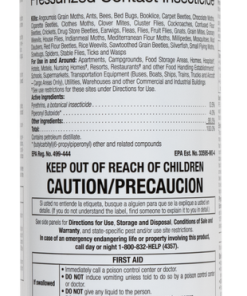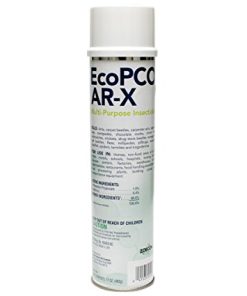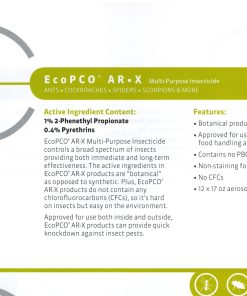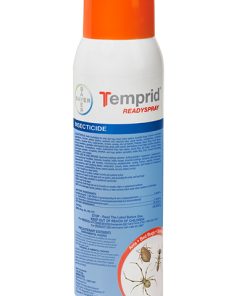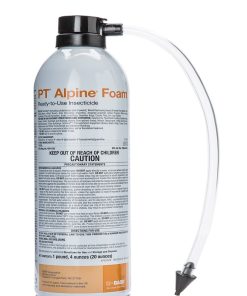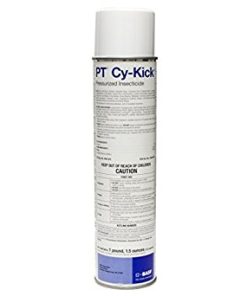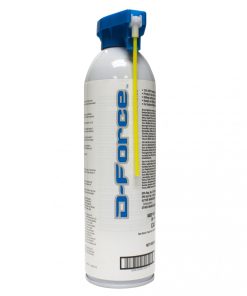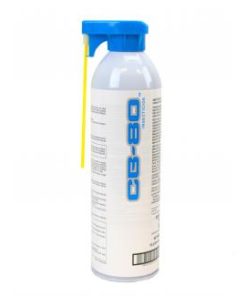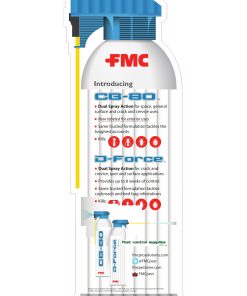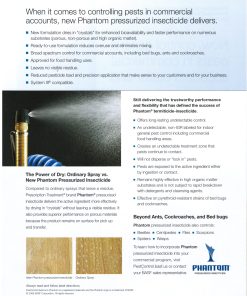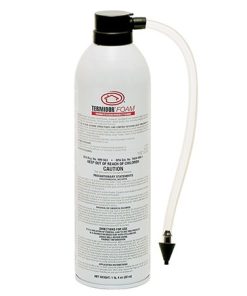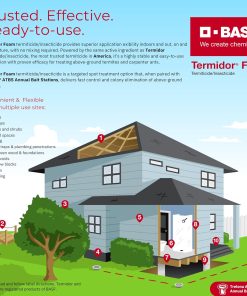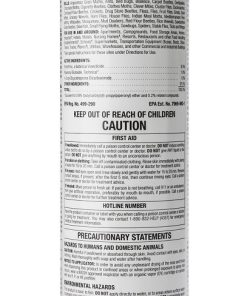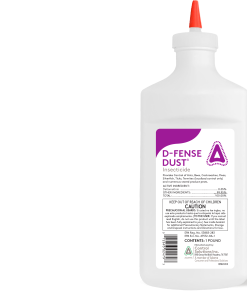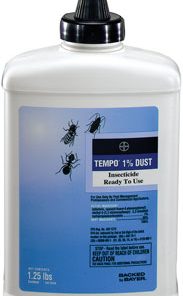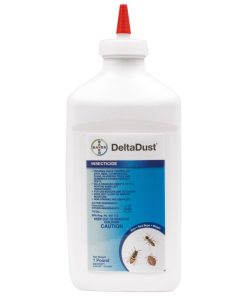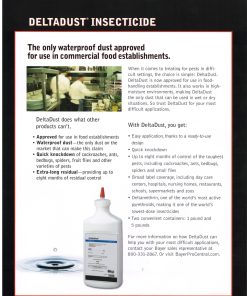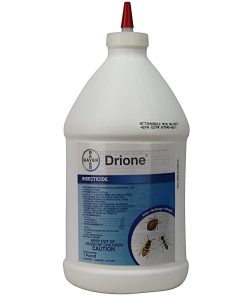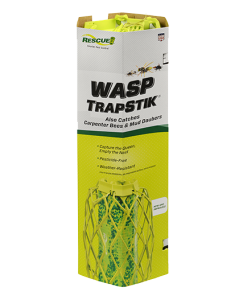wasp control
Wasp and hornet control can be at times very complex. Most species of Paper Wasps are about 1 inch in length, but a few may be as small as 1/2-inch or as large as 1-1/2 inches. Color: Many are reddish-brown or dark red. Some species are more orange, while others have varying bright stripes of red and yellow.
The key to identifying paper wasps is the shape of the nest — a round, upside-down paper comb that is attached by a single stalk to a horizontal surface in a protected location. This paper nest resembles an umbrella, lending to these wasps nickname, “umbrella wasps.” The colony starts out each spring as a single queen that has overwintered in a protected site, such as beneath bark, within leaf litter or inside the walls or attics of buildings.
Paper wasps are predators and feed on insects, spiders, and caterpillars. Most paper wasp colonies number only a few dozen workers, but under the right conditions, a colony might produce more than 100 workers.
In early fall, the colony produces queens which fly out to find a site to overwinter. Having found such a site, these queens release a chemical pheromone which attracts other paper wasp queens to the site. In some cases, dozens, occasionally hundreds, of paper wasps may be attracted to a chimney or attic of a home or to the walls of a commercial building. During warm winter and spring days, wasps may “awaken” and work their way into the building, often ending up inside living spaces where people may encounter them.
Most paper wasp nests are located in exposed areas beneath soffits, in the corners of windows, under awnings, under porches, and beneath decks. These wasps, however, will also nest within voids and other protected sites, such as gas grills, electric outlet boxes, behind shutters, inside coach lamps, in horizontal pipes of clothes lines, in horizontal vent pipes on the roof, in hose reels, attics, and crawl spaces. They often enter attics through holes in the soffits, attic vent screens, and underneath shingles.
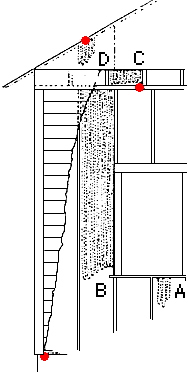
This diagram is a basic illustration of a few of the many areas that wasps will nest.A – Under a window sill, starting a colony between the studding.B -Between the studding, entering through a crack or crevice..C – A colony between the ceiling joists, entering under the eve, or through another crack or crevice..D – A colony in the attic, entering under the eve, or another crack or crevice.
Control
Exposed Paper wasp nests are usually easily controlled using a wasp treatment product such as Wasp Freeze, Stryker, Tempo, or Suspend. The nest can be knocked down once activity has ceased.
On structures where continuous paper wasp nest building occurs, treatment of the affected areas with a residual insecticide such as Tempo, Demand, or Suspend can be applied.
Good elimination of paper wasps can be eliminated during the early morning or evening when most of the wasps are in their nest. They can be treated in the daytime as well. Make sure you do not stand directly below the nest during treatment. Most wasp and hornet sprays cause insects to drop instantly when contacted by the insecticide. Standing directly below a nest increases one’s risk of being stung. Personal protective clothing should be worn if possible.
If the nest is not exposed, or hidden within a void or other protected sites, you can treat these areas with any number of formulations including dusts, aerosols, or residual insecticides.
We like using Delta Dust because it permeates the space we are targeting. This is of course a non-living space. Examples of these areas may include, electric outlet boxes, behind shutters, inside coach lamps, in horizontal pipes of clothes lines, in horizontal vent pipes on the roof, in hose reels, or in attics. If you run the risk of being stung, make sure you are wearing the proper protective clothing.
The EPA recently approved Termidor for targeting paper wasps and yellow jackets. Termidor was originally designed for termites, and sequentially for ants. It is a great product for social insects, and it is proving itself again as a great tool for treating paper wasps as well. While it is NOT a knock down product, it is extremely effective at colony elimination. Termidor is simply the best.
Preventative Treatments
Wasps forage constantly for new places to nest in the Spring and places to overwinter in the Fall. Treating the structure with a residual insecticide such as Tempo or Suspend will help protection, and will most likely repel them from attempting to nest. Directly treat areas such as the under side of eves and soffits, undersides of gas grills, around electric outlet boxes, behind or on shutters, in horizontal pipes of clothes lines, in horizontal vent pipes on the roof, in hose reels, on cinder block walls, or under decks and canopies. Treating cracks, crevices, and voids with a dust formulation such as Delta Dust or Drione works great for preventative as well as curative purposes. Treat all cracks high and low. Any place that has a 1/4 inch gap or larger can lead to a comfortable, secure cavities.
Insecticide Concentrates
– These concentrates are mixed with water and used in a compressed hand held sprayer to make your application.
Spray Concentrates
Spray Concentrates
Spray Concentrates
Spray Concentrates
Spray Concentrates
Spray Concentrates
Spray Concentrates
Cyzmic CS Micro encapsulated insecticide 8 oz. (Same as Demand CS)
Spray Concentrates
Spray Concentrates
Spray Concentrates
Spray Concentrates
Spray Concentrates
Spray Concentrates
Spray Concentrates
Spray Concentrates
Spray Concentrates
Spray Concentrates
Spray Concentrates
Spray Concentrates
Spray Concentrates
Spray Concentrates
Spray Concentrates
Spray Concentrates
Aerosols & Ready to Use Products
These “ready to use” products are convenient and great for a contact kill and great for flushing out insects. Most offer great residual properties as well.
Aerosols & Ready To Use Products
Aerosols & Ready To Use Products
Aerosols & Ready To Use Products
Aerosols & Ready To Use Products
Aerosols & Ready To Use Products
Aerosols & Ready To Use Products
Aerosols & Ready To Use Products
Aerosols & Ready To Use Products
Aerosols & Ready To Use Products
Aerosols & Ready To Use Products
Aerosols & Ready To Use Products
Aerosols & Ready To Use Products
Aerosols & Ready To Use Products
Aerosols & Ready To Use Products
Dusts
Dusts are usually used to treat into cracks and crevices (such as in the crack between the wall baseboard and floor), in wall voids, cavities, attics or crawl spaces. Be sure that there is proper ventilation in the room and that you don’t over dust or dust in areas accessible by people.
Dust Insecticides
Dust Insecticides
Dust Insecticides
Dust Insecticides
Paper Wasp Traps
– These traps can be used regularly in the field for monitoring and control
Adhesive Traps - Insect

